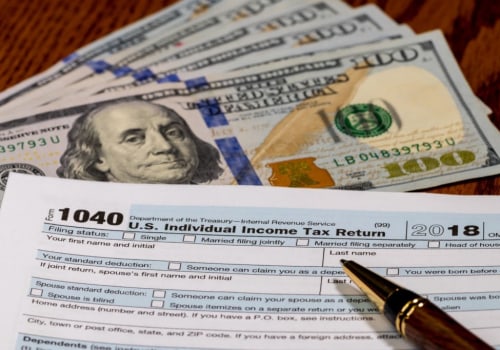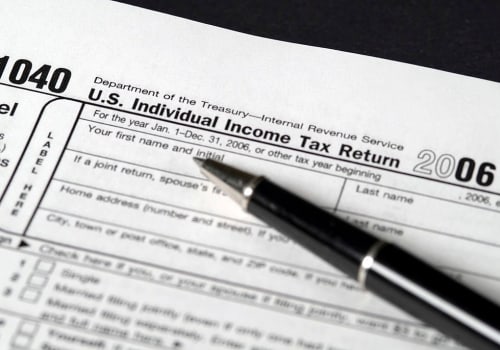If you don't make payments within ten days after the “Notice and Request for Payment” letter, a tax lien will be generated. The IRS can file a federal tax lien notice, which notifies your creditors that the IRS is now claiming all your assets. Paying your tax debt, in full, is the best way to get rid of a federal tax lien. The IRS releases your right of withholding within 30 days after you have paid your tax debt.
Before the IRS can impose a tax lien, it will first assess the taxpayer with an obligation and demand payment. If the taxpayer doesn't make any payments within ten days of the request, the IRS can send a federal tax lien notification. The IRS will then mail you a federal tax lien notification after the tax lien has been filed. They can also try to contact you by phone, but it's not mandatory.
By law, the IRS cannot impose a tax on your home until it has sent you a prior warning and you have had a chance to pay the tax debt. Unfortunately, that warning generally only gives the taxpayer 10 days to raise the money and pay their tax debt in full. For those who can't do this, they have a few other options. An easy way to remember the difference between a lien and a lien is to ask yourself if you still own the property in question.
A tax is applied to a property, so the IRS will receive payment when that property is sold. In reality, a lien takes property to collect a tax debt. The IRS will remind you of the tax debts you have before imposing a tax on you. The first step of the process begins when the IRS submits a notice of the taxes due and a request for payment.
The embargo will take effect automatically 10 days later. The IRS may also file a federal tax lien notification in the public record at that time. This could have negative effects on your finances. The IRS files a public document, the Federal Tax Lien Notice, to alert creditors that the government has a legal right to their property.
If you don't have the means to pay, you can convince the IRS to stop all collection efforts for some time by stating that it is currently not collectible. The IRS could release a federal tax levy if that will accelerate tax collection or if it's in the best interest of the taxpayer and the government. The IRS will consider eliminating a tax lien if you have made several payments without missing any, as long as you are up to date with all your tax returns and estimated payments (if any) and you haven't stopped making any payments before while you were in an IRS payment plan. Depending on the amount you owe, you'll have the option of paying off the debt in 180 days or through a long-term installment agreement, which will require a down payment.
The withdrawal eliminates the public notification of a federal tax lien and ensures that the IRS does not compete with other creditors for your property; however, you are still responsible for the amount due. There may be several reasons why the taxes were not paid, but when the IRS finds a taxpayer that it believes may be trying not to pay their taxes, it will impose an embargo to ensure payment of the taxes due. If you paid your taxes, be sure to request that your tax lien be removed now instead of paying or releasing it by contacting the IRS. If the IRS has been absolutely right about your tax liability, then all you can do to release a tax lien is to pay off your debt.
This will prevent the IRS from filing a tax on your property while you remain uncollectible, but the tax lien will remain (as will the debt). You can expect the tax lien to be removed soon after you are notified of the favorable judgment if the IRS rules in your favor. Withdrawing a tax lien depends on appealing an IRS decision, so it's not as easy as having the IRS simply notify county authorities when the debt has been settled. The IRS is first paid with the proceeds from the sale before the taxpayer receives the money if the taxpayer sells property that has a lien.
To determine eligibility, see Publication 784, Instructions on how to request a certificate of subordination of a federal tax lien (PDF) and the video Sell or Refinance When an IRS Lien Exists. Creditors were the first to be informed through the public notice from the IRS, which caused a sharp drop in the credit ratings of the taxpayers in question by the country's main credit reporting agencies. .



